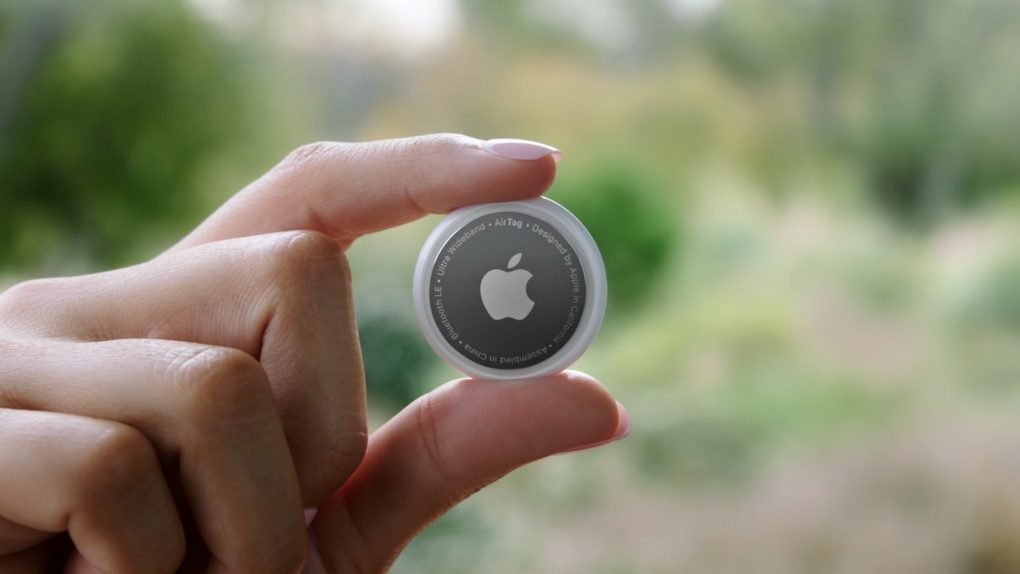Apple launched a brand new product this year that sold out quickly after becoming available for preorder, the oft-rumored AirTag tracker that has a unique advantage over all other similar products. AirTags harness Appel’s massive network of devices, most of them iPhones, to provide anonymous, location information about missing items hooked up to the tracker. Keys, wallets, suitcases, bags, bikes, and other objects you wouldn’t want to lose track of can be “protected” with AirTags, which then show up in the Find My app on iPhone, iPad, and Mac with location information. That’s the same app that Apple used for years to locate missing iPhones and share location data between family and friends.
Google replicated the Find My iPhone functionality years ago, and Android users can also track their lost or stolen devices. Unsurprisingly, Google might be looking to copy Apple’s AirTag tech by using the same principle. Google could rely on crowdsourced location information about lost items coming from a massive network of Android devices. Google hasn’t announced anything about an AirTag-like tracker of its own, but it already has code in place that indicates it’s already working on such a project.
Google Play Services v.21.24.14 has rolled out in beta, and xda-developers inspected the code already. The blog found elements that show Google is looking to bring Find My tracking functionality to objects.
Google has a similar name for its network — Find My Device. The code says that the functionality “allows your phone to help locate your and other people’s devices.”
That’s exactly how Apple’s AirTags work. The trackers can ping iPhones and other internet-connected Apple devices in their vicinity. The location data is then provided anonymously to the person looking for a missing item. Only that person can access the location data, and they’ll never know whose iPhone was used to help them track their belongings. AirTags also have built-in privacy features to deter stalking. They also have limited functionality when used with an Android device.
If Google rolls out a similar Find My feature to its devices, we’d expect the company to “copy” Apple’s privacy and security features as well. While it’s great to see Google replicate this particular Apple idea, Google has had plenty of privacy mishaps when handling location data. A few weeks ago, documentation from a trial showed Google went to great lengths to ensure it could collect location data from users with relative ease. Find My Device functionality would involve allowing Google to use location data from an Android device.
It’s unclear whether Google would also want to launch trackers of its own to compete with the AirTags, or whether it’ll work with third-party tracker manufacturers to enable the feature. Apple’s Find My also works with a brand new tracker from Chipolo.








